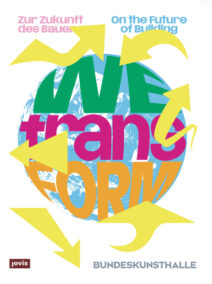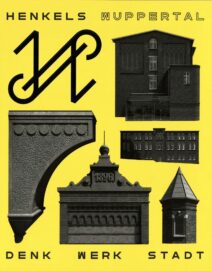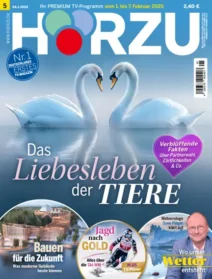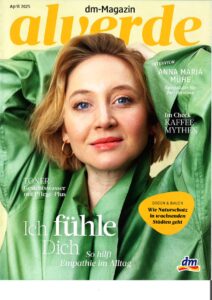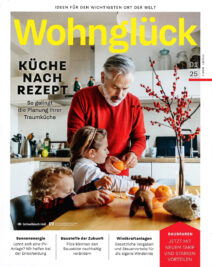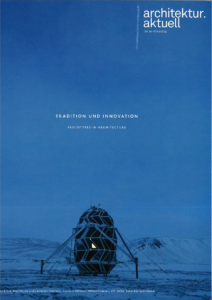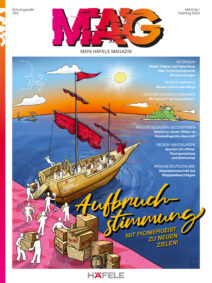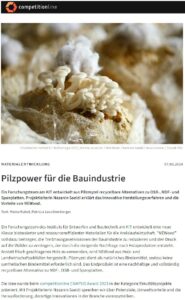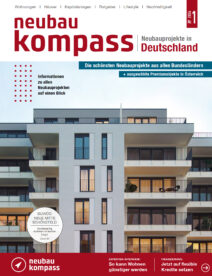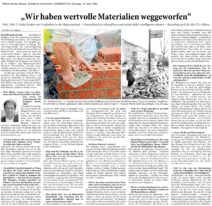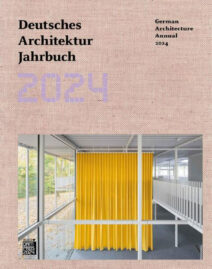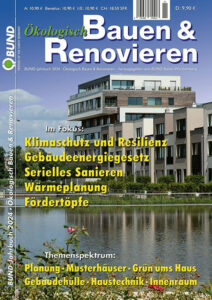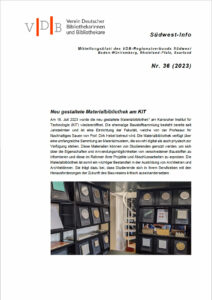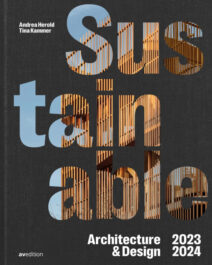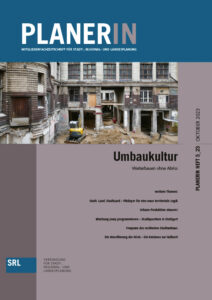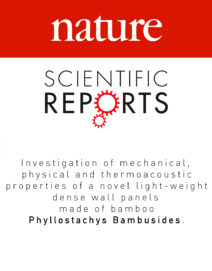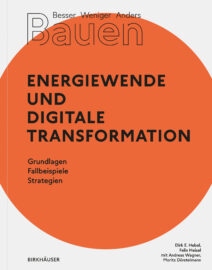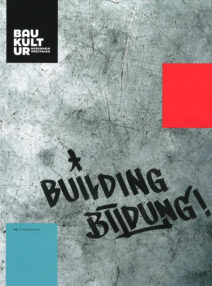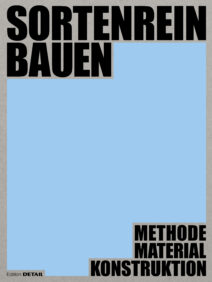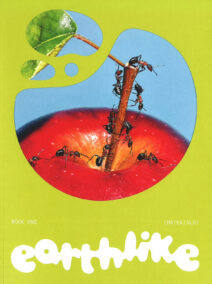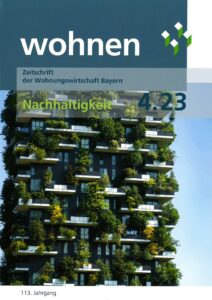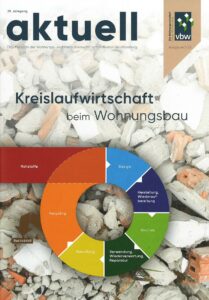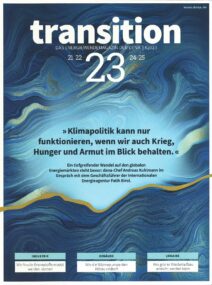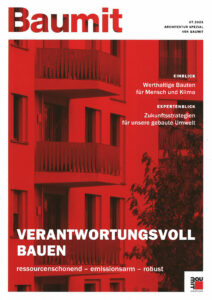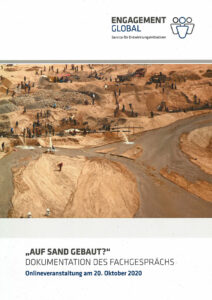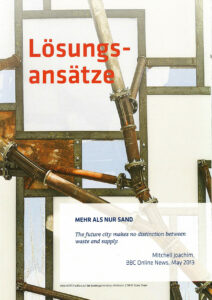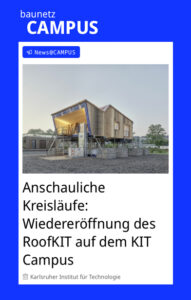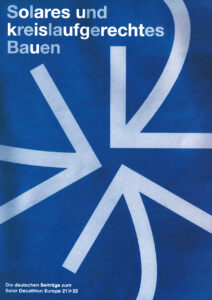Salzburg Congress on Urban Planning and Development
Keynote presentation by Dirk E. Hebel at the Salzburg Congress on Urban Planning and Development on May 16th, 2014. Imagine cities where our current concepts of waste are thrown away, and instead we envision a city’s waste as resource. In our world, where scarcity and excess define the chasm between the haves and have-nots; exploring the social, environmental and economic dimensions of waste will help us understand more deeply how we manage our Earth’s resources and how we may help to address the inequities intrinsic to this dichotomy. SCUPAD’s 2014 Congress will explore a paradigm shift where cities and regions can develop new ways of managing the planet’s resources where the concept of harvesting becomes the lifecycle of every element of our lives. Reevaluating, modifying, and altering chains of production and consumption are ways of renewing connections to our places and to each other; and practical ways to reduce and reuse waste should be integral parts of any city’s metabolism. Although each city has its own DNA and thus may manage its resources and waste in different ways, looking at a variety of successful methods that some cities have adopted in the management of their waste streams may offer templates for replication and adaptation. Expanding our understanding of the generation of urban energies can help us realign our relationships with natural systems. SCUPAD’s 2014 Congress will frame waste as a source of creativity, equity, and sustainable development. Please join us as we question, test, and explore ways we can adopt new policies, expand community education, and share practices that inspire citizen engagement and culture change. There is no time to waste.






















